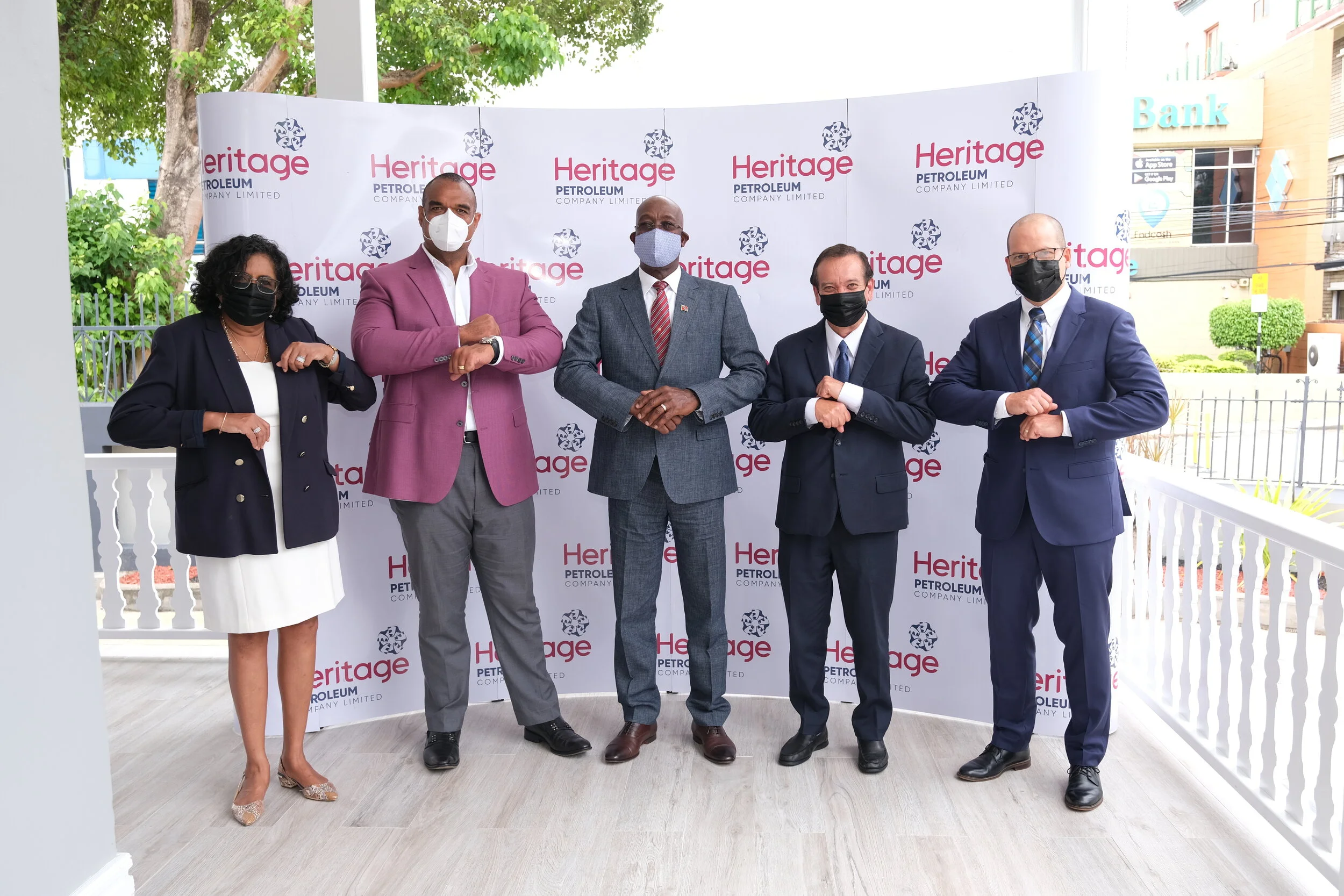The Energy Chamber of Trinidad & Tobago is delighted to hear about the signing of the Joint Venture agreement between Heritage Petroleum and EOG Resources for acreage in the Trinidad Northern Areas block. As indicated by both the Prime Minister and the Minister of Energy, this is the first in a series of new joint ventures or farm/lease-out that will be entered into by Heritage on their oil acreage. This is very good news for Trinidad & Tobago’s oil industry and indeed the overall economy.
For many decades, the Energy Chamber of Trinidad & Tobago has advocated for expanded programmes to bring private-sector capital to investment on the acreage controlled by Heritage and its predecessor Petrotrin. Indeed, the original lease-out/farm-out programme arose directly out of an Energy Chamber conference in the late 1980s (we were then called the South Trinidad Chamber).
The long-term decline in oil production in Trinidad is not because there is no oil in the ground, but rather that there has been insufficient investment in drilling new wells or maintaining existing wells and infrastructure. Given the capital constraints on the state-owned oil company the obvious route to bring this capital for investment is equity injections from private-sector partners through JVs or similar programmes. The Energy Chamber has long advocated this approach and we are very pleased that this programme is now being implemented.
With the world moving inexorably towards a lower carbon future, there are serious question marks about the long-term market for oil. This underlines the importance of moving quickly to produce our remaining oil resources while a market is still available. Trinidad & Tobago needs to ramp up oil and gas exploration programmes very quickly, to identify and produce all the available resources In this regard it is positive news that the new EOG/Heritage joint venture is expected to commence drilling its first exploration well in 2021.
As new agreements are signed over the coming months, we hope that we will hear further news on new exploration, investments in development drilling, and investments in infrastructure upgrades and maintenance programmes. As the Prime Minister mentioned, all these activities help drive economic activity and well-paying jobs, especially for the onshore sector where local value-added activities tend to be highest. Maximising the value retained in the country from these activities (local content) is another important advocacy area for the Energy Chamber and we trust that as time goes on we will be able to also report success in this area.

